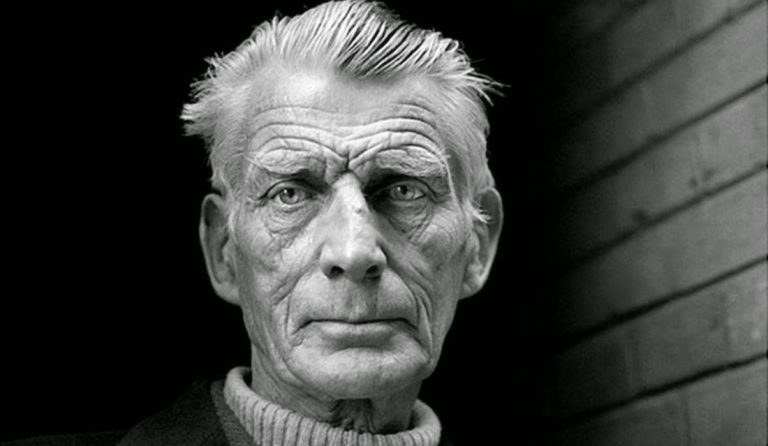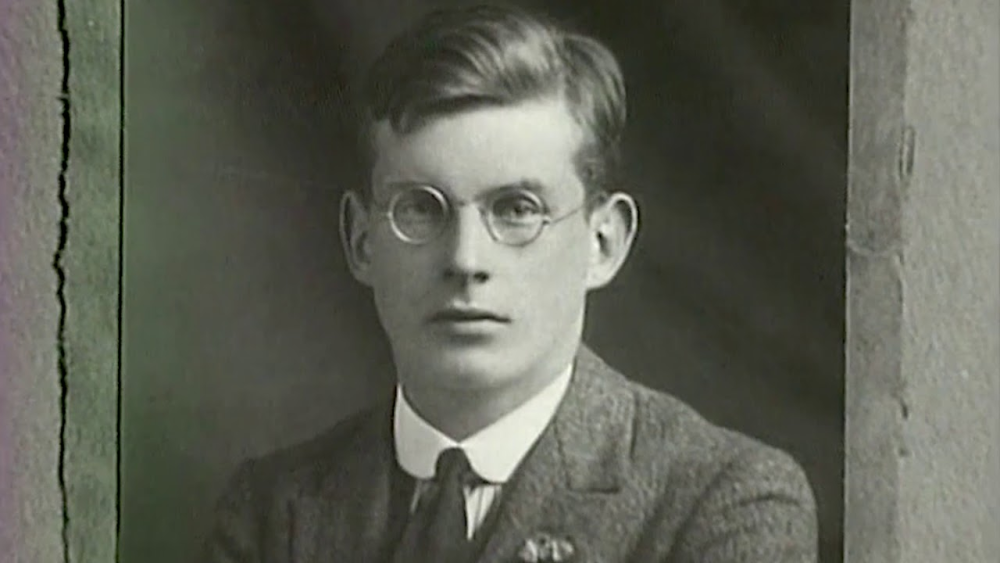
Beacon of Hope in Darkness: His Absurdist Masterpieces Changed Literature
Dublin – Few writers have left as indelible a mark on modern literature as Samuel Beckett. Born in Dublin in 1906, Beckett’s works—ranging from plays to novels—challenged conventional storytelling, embracing existential themes with dark humor and profound humanity.
Though often associated with bleakness, his writing ultimately reveals resilience, making him one of the most uplifting figures in 20th-century literature.
Early Life and Influences

Beckett grew up in a middle-class Irish family, excelling in academics and sports. After studying at Trinity College Dublin, he moved to Paris, where he became an assistant to James Joyce, another literary giant. This mentorship deeply influenced Beckett’s experimental style.
His early works, like Murphy (1938), displayed his sharp wit and fascination with human futility. However, it was after World War II—during which he joined the French Resistance—that Beckett’s writing took its definitive shape, blending despair with unexpected warmth.

Waiting for Godot: A Masterpiece of Hope in Despair
Premiering in 1953, Waiting for Godot became Beckett’s most famous work. On the surface, it’s a play about two men waiting endlessly for someone named Godot, who never arrives. Yet, beneath its absurdity lies a powerful message: even in uncertainty, human connection and humor sustain us.
Critics initially debated whether the play was pessimistic or strangely hopeful. Beckett himself resisted interpretations, but audiences worldwide found solace in its honesty. The play’s success cemented Beckett’s reputation as a pioneer of the Theatre of the Absurd.
Later Works and Nobel Prize
Beckett’s later works, like Endgame and Krapp’s Last Tape, further explored isolation and memory. His sparse, poetic style made every word count, earning admiration from writers and philosophers alike.
In 1969, he was awarded the Nobel Prize in Literature for “his writing, which—in new forms for the novel and drama—in the destitution of modern man acquires its elevation.” Characteristically, Beckett avoided the ceremony, sending his publisher instead.

Legacy: Why Beckett Still Matters
Beckett passed away in 1989, but his influence endures. His works remind us that even in life’s uncertainties, there is beauty and laughter. Directors, actors, and writers continue to reinterpret his plays, proving their timeless relevance.
Far from being a prophet of doom, Beckett was a realist who found light in darkness. As his famous line from Worstward Ho goes: “Ever tried. Ever failed. No matter. Try again. Fail again. Fail better.”
In an age of rapid change, Beckett’s message—of persistence amid chaos—resonates more than ever.